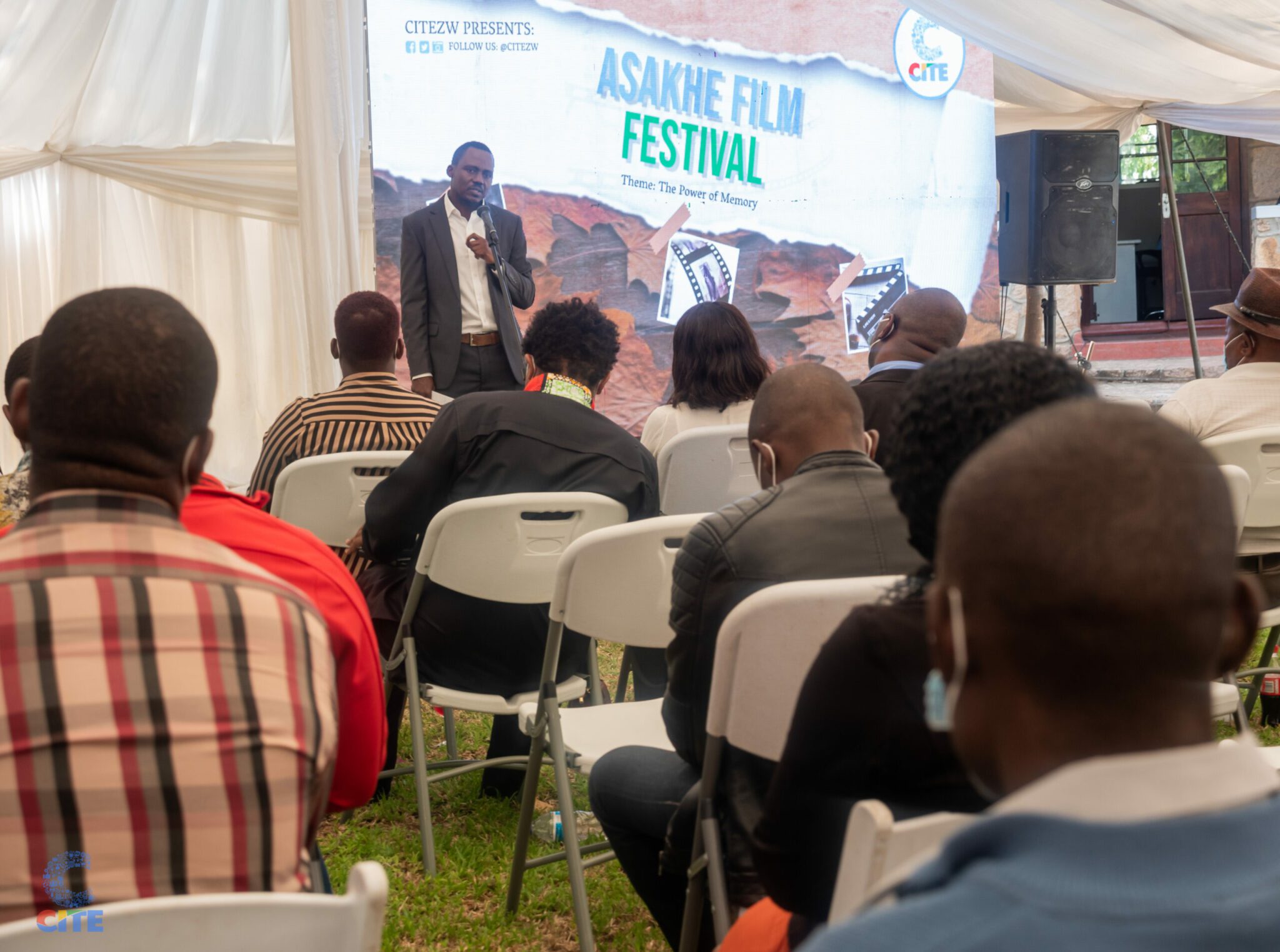The annual Asakhe Film Festival, with the objective of contributing towards Zimbabwe’s national healing and reconciliation process, kicked off in Bulawayo, Monday.
Hosted by the Centre for Innovation and Technology (CITE) the week-long event running from October 25 to 30, 2021, will include among other things film screenings, online public lectures and workshops with journalists on transitional justice.
Zimbabwe has in the past gone through violent conflicts including the early 1980s Gukurahundi massacres which despite the existence of the National Peace and Reconciliation Commission (NPRC), have not been resolved.
The inaugural CITE Asakhe Film Festival was held last October under the theme: “In Search of Peace and Justice” and due to the Covid-19 pandemic, most of the activities were held virtually.
This year’s theme is: “The Power of Memory” and owing to Covid-19 again, most of the screenings will be showcased online.
Speaking during the launch of a Gukurahundi documentary titled: “One Night in 1985” which is part of activities lined up for the festival, CITE director, Zenzele Ndebele, said his organisation by focusing on the unresolved emotive issue, was not seeking attention but justice.
“We are not doing this because we want money,” said Ndebele.
“I am not doing because I am a politician. I am not a politician. I am not doing it because I want to fix someone. I am doing it because I want justice. We are doing it because it is the right thing to do. That’s why the theme of this year is: “The Power of Memory”.
He said the documentary will play a very important role in preserving memory on the atrocities perpetrated by the state.
“I know what it means to lose a library,” said Ndebele.
“We have lost family photos. The ZANU-PF government killed people during Gukurahundi and they were killing people and burning their houses. When we talk about Gukurahundi we are not politicking, when we talk about Gukurahundi we are not writing a donor proposal.”
Ndebele said he would not give up in demanding justice for Gukurahundi victims.
“We are talking about something that happened, we will say it today, we said it yesterday, we will say it tomorrow, whether, they want, they are screaming, they are making noise, we will say it until they hear it,” he said.
“But we are also learning from them (State). They don’t like sanctions. Look at how they are mobilising in terms of sanctions. First of all, there was a two million signature and now we have the SADC kind of lobbying. They are going to the international community, people are demonstrating in London, Washington and all those kind of things and I like the strategy and not necessarily the message but advocacy.”
He added: “They are covering everybody. So what stops us from making Gukurahundi not only a national issue, not only a Bhetshu Likazulu issue but an international issue? When are we going to have a SADC solidarity march on Gukurahundi?
The launch was attended by representatives from civic society, Gukurahundi victims among others.

